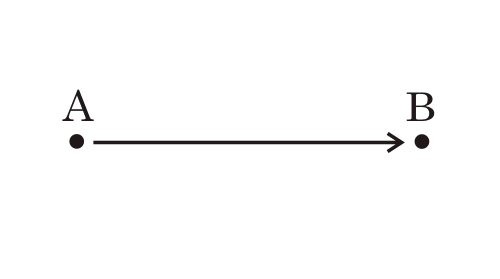|
LITR 4632: Literature of the Future  |
Student Midterms 2011: Sample Essay 2
|
 |
Jeannene Gazaw
Changing For the Future
Very soon after I began the reading for this class I began realizing a pattern was forming. Beginning in Parable, I felt an inner panic begin to rise as I read the environmental condition of our Earth in the future. The story hit too close to home when I read of water being scarce due to drought as well as hot, dry conditions. Much of the misery being endured seemed to be a result of climate change due to global warming. Knowing that little is currently being done to correct this problem, I began to fear for the future Earth.
First recognized in the 1980s, global warming seems to be the result of the increase in emission of gasses from the burning of fossil fuels. Even then we were told that if not corrected, we would be heading for what could be a catastrophic climate change in the future. Now, thirty years later, we are beginning to see the effects of this gradual change.
In Parable, the story serves as a warning that if climate change continues unchecked, the future will be facing a kind of post-apocalyptic environment as we see Lauren and her followers enduring. Water is scarce due to droughts and also very expensive. Drought and climate changes have also made foods like corn and wheat almost impossible to grow.
In Stone,
The story Bear states that “A climate ecologist said that the warm winters (there was no snow last winter in Nashville, and only one flurry in Louisville) had changed the bears hibernation cycle, and now they were able to remember things from year to year” (21). Though it is subtle, the author is making a statement concerning the state of our future climate.
Mozart brings the problem to the past stating “The
thick smoke billowed from the refinery’s stacks.
Rice could taste the familiar petrochemical tang
from where he sat, under the leaves of a wilting oak” (223).
Not only do these people have a blatant disregard
for the environment of the past, their main objective seems to be corporate gain
due to greed.
Thomas Jefferson says “You made certain promises when we
joined forces.
You guaranteed us liberty and equality and the
freedom to pursue our own happiness.
Instead we find your machinery on all sides, your
cheap manufactured goods seducing the people of our great country, our minerals
and works of art disappearing into your fortress, never to reappear!” (226).
Without considering the effects of the future,
corporations were exploiting the resources of the past purely for personal gain.
When the visitors from the future are nearing the
time to leave, the effects of their work can be seen – “Ionizing radiation
smeared the evening sky around the
Each of these stories gives us a glimpse into what the future could mean for our Earth if changes are not made now. By showing us the dangers of pollution, overpopulation and resource depletion we may be frightened into action. Whether a teacher, parent or citizen of the world, we should ask ourselves what we can do each day to make a better tomorrow. If no changes are made, the science fiction that we read today could be our story of tomorrow.
 |
 |
 |